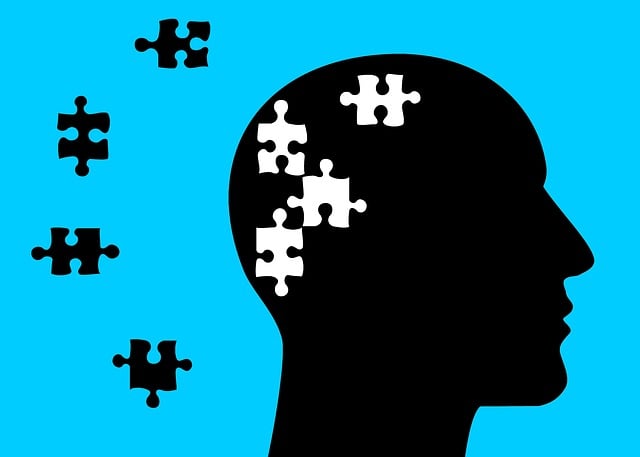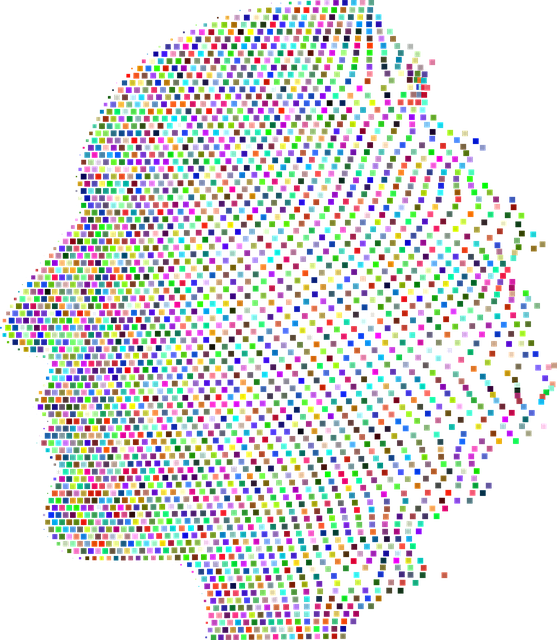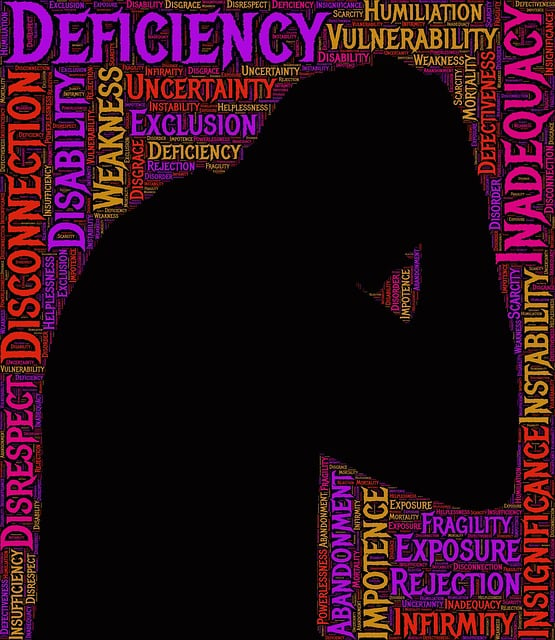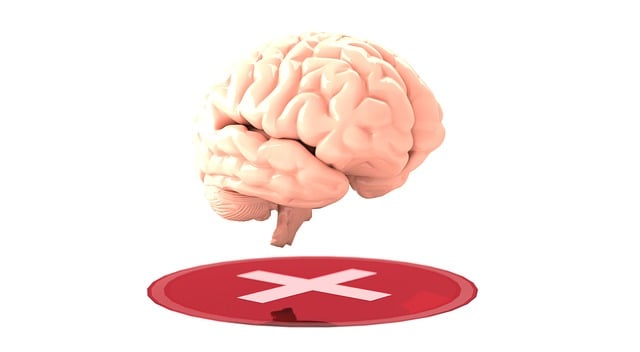Diagnosing mental illnesses accurately is challenging due to the multifaceted nature of human psychology. Differentiating normal emotional responses from conditions like anxiety or depression requires a nuanced approach that considers individual histories, cultural backgrounds, and current stressors. Cultural competency training for healthcare providers is essential. Initiatives like Mental Wellness Podcast Series and Stress Management Workshops promote mental wellness through accessible resources, including therapy for adults focusing on anger management techniques. This holistic approach, combined with education programs tailored to anger-related issues, enhances diagnosis accuracy, reduces misdiagnosis, and associated stigma, leading to effective treatment plans.
Mental illness diagnosis accuracy has long been a topic of concern. This article delves into critical efforts aimed at enhancing precision, exploring challenges within the current system. We highlight the transformative role of therapy for adults and emphasize anger management as a key component in comprehensive diagnosis. Additionally, we discuss integrating advanced assessment tools and promoting education, training, and early intervention strategies to foster more effective mental health care.
- Understanding the Current Challenges in Mental Illness Diagnosis
- The Role of Therapy for Adults in Enhancing Accuracy
- Anger Management as a Critical Component of Comprehensive Diagnosis
- Integrating Advanced Assessment Tools and Techniques
- Promoting Education, Training, and Early Intervention Strategies
Understanding the Current Challenges in Mental Illness Diagnosis

Diagnosing mental illnesses accurately can be a complex task due to the multifaceted nature of human psychology and the diverse range of symptoms presented by individuals. One significant challenge lies in differentiating between normal emotional responses, temporary stress, and chronic conditions like anxiety or depression. Many people struggle with managing their anger, for instance, which might be a symptom of an underlying mental health issue but could also be a reaction to specific life circumstances. This complexity necessitates a nuanced approach where healthcare providers go beyond surface-level observations and consider individual histories, cultural backgrounds, and current stressors.
Additionally, the impact of social and cultural factors on mental wellness cannot be overlooked. In today’s diverse society, it is crucial for healthcare providers to enhance their cultural competency through specialized training. This enables them to understand the unique expressions of distress across different communities, ensuring that symptoms are accurately interpreted and appropriate therapy for adults, such as anger management strategies, are recommended. Moreover, initiatives like Mental Wellness Podcast Series Production and Stress Management Workshops Organization can play a vital role in promoting mental wellness by providing accessible resources and knowledge to both individuals and organizations.
The Role of Therapy for Adults in Enhancing Accuracy

Therapy for adults plays a pivotal role in enhancing mental illness diagnosis accuracy. Through structured sessions focused on various therapeutic modalities, such as cognitive-behavioral therapy (CBT) and mindfulness practices, individuals can learn to identify and express their emotions more effectively. This, in turn, aids healthcare professionals by providing clearer insights into the patient’s emotional state and experiences, leading to more precise diagnoses.
One specific area where therapy for adults makes a significant impact is anger management. Anger is often a secondary symptom of underlying mental health conditions, such as depression or anxiety. By addressing anger management issues through tailored therapy sessions, healthcare providers can better understand the root causes of distress, reducing misdiagnosis and stigma associated with mental illness. Integrating these therapeutic approaches into Mental Health Education Programs Design further promotes accurate assessment by equipping both patients and professionals with tools to recognize and manage complex emotional presentations effectively.
Anger Management as a Critical Component of Comprehensive Diagnosis

Anger Management plays a pivotal role in enhancing the accuracy of mental illness diagnoses, particularly for adults. It is a critical component often overlooked but essential to comprehensive assessment, as it provides valuable insights into an individual’s emotional regulation and potential underlying issues. In many cases, anger is a secondary symptom or even a mask for more profound mental health challenges such as depression, anxiety disorders, or post-traumatic stress disorder (PTSD). Effective therapy for adults focusing on anger management can reveal these hidden concerns, leading to more precise diagnoses.
Incorporating mindfulness meditation and emotional well-being promotion techniques into therapy sessions has proven beneficial. These practices enable individuals to gain awareness of their anger triggers and learn healthy coping strategies. By combining this with thorough mental health education programs designed to address anger-related issues, healthcare professionals can make more accurate assessments. Such holistic approaches not only improve diagnosis but also foster long-term recovery by empowering adults with the tools to manage their emotional well-being effectively.
Integrating Advanced Assessment Tools and Techniques

In recent years, the field of mental health assessment has seen significant advancements with the integration of advanced tools and techniques. These innovations aim to improve diagnosis accuracy, especially for complex conditions like adult anger management disorders. Therapists are now equipped with sophisticated methods that go beyond traditional talking therapies. For instance, Mind Over Matter principles, rooted in cognitive-behavioral therapy, help individuals rewire negative thought patterns associated with anger. Compassion cultivation practices have emerged as powerful tools to enhance emotional well-being promotion techniques, fostering a sense of self-acceptance and understanding.
Additionally, the use of digital assessment platforms and artificial intelligence algorithms is transforming mental health screening. These technologies offer more objective measures of symptoms, reducing potential biases in human assessment. By combining these advanced approaches with specialized therapy for adults focusing on anger management, healthcare professionals can achieve more precise diagnoses and tailored treatment plans.
Promoting Education, Training, and Early Intervention Strategies

Mental illness diagnosis accuracy can be significantly enhanced through targeted educational and training initiatives. Equipping individuals with knowledge about mental health conditions empowers them to recognize symptoms early on, fostering a culture of proactive care. Schools, workplaces, and community organizations can play pivotal roles in hosting workshops and seminars that focus on emotional regulation, stress management, and mindfulness meditation techniques. By integrating these practices into daily routines, people may better cope with stressors that contribute to mental health issues.
Early intervention is crucial, as timely therapy for adults facing anger management challenges or other common mental health struggles can prevent conditions from escalating. Accessible resources, such as those offered by dedicated support groups and non-profit organizations, can facilitate these interventions. Implementing evidence-based practices alongside regular training sessions ensures that both professionals and the general public are adept at identifying subtle signs of distress, thereby facilitating more precise diagnoses and effective treatment plans.
Mental illness diagnosis accuracy has long been a complex issue, but with focused efforts on integrating advanced assessment tools, promoting education and training, and emphasizing therapy for adults, including anger management techniques, significant improvements are within reach. By addressing current challenges head-on and adopting comprehensive strategies, we can ensure more accurate diagnoses and ultimately enhance the effectiveness of treatment plans for those living with mental health conditions.














